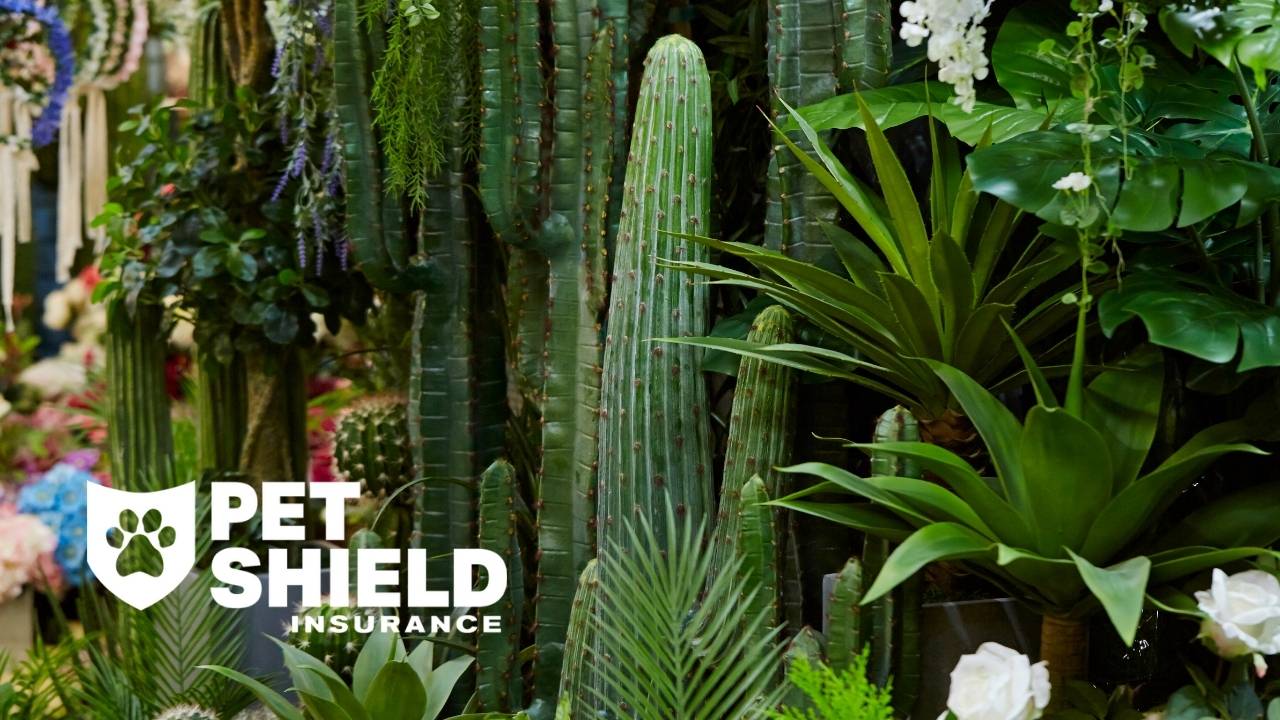
Houseplants are becoming a staple of households all across Canada with the industry growing at 50% rate year over year from 2020 onward. This coupled with a wave of pandemic pets being adopted means that homes have more pets and more plants than ever before! With this information in hand, we have teamed up with our friends at Armour Insurance to do our part to make sure your pets are healthy in their home.
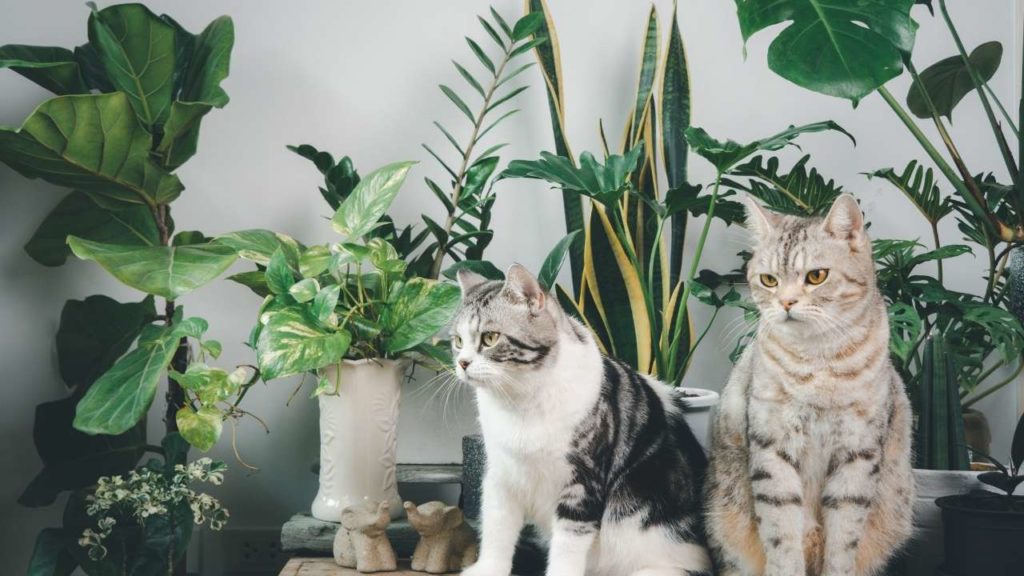
How Common are Houseplants in Canada?
While not every household has houseplants, it is quite common. It has been estimated 67% of households have at least one houseplants in them. Millennials make up one of the largest demographics of houseplant owners with an estimated 88% of Millennials owning at least one houseplant. In addition, 70% of Millennials have adopted the title of “plant parent”.
How Common are Pets in Canada?
Pets of all kinds are fairly common in Canada. Estimates indicate that nearly 75% of Canadian households have a pet of some kind.
- Cats: 38% of households have at least one
- Dogs: 35% of households have at least one
- Cats & Dogs 13% households have at least one of each
- Fish: 12% of households
- Birds: 2.5-4% of households
- Assorted Rodents: 1.5-2% of households
- Assorted Reptiles: <1% of households
* For the purpose of this article we will only be focusing on the impacts on cats and dogs.
More Than 50% of Canadian Homes at Least 1 Plant and 1 Pet
With so many homes containing houseplants, cats, and/or dogs, it is paramount to make sure that they are safe. Some mischievous pets like to have a little nibble on your common houseplants. It then begs the question:
Are These Common Houseplants Safe for My Cat or Dog?
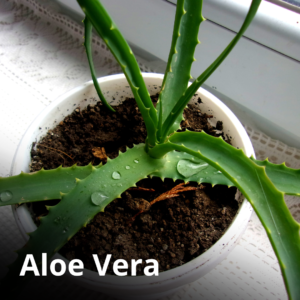
Aloe Vera
Cats: Highly toxic, even in small quantities. Keep away from cats. The active compound that makes aloe toxic to cats is in very high quantities within the aloe vera plant.
Dogs: Mildly toxic. Safe for skin application, but whole leaves should not be ingested.
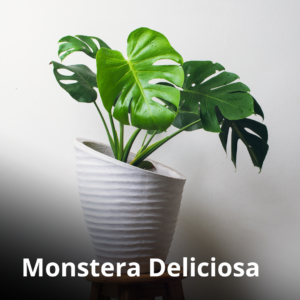
Monstera Deliciosa
Cats: Highly toxic, even in small quantities.
Dogs: Highly toxic, even in small quantities.
* While the monstera plant is toxic to cats and dogs, it is unlikely that your pets will attempt to ingest the leaves. To deter the occasional curious pet, spraying the leaves with a vinegar water mixture to deter sampling.
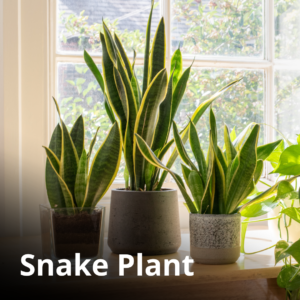
Snake Plant
Cats: Mildly toxic. Similar chemical compounds to that of the aloe plant, however the concentration is much lower in the snake plant.
Dogs: Poisonous. Can cause abdominal pain, vomiting, diarrhea, and depression.
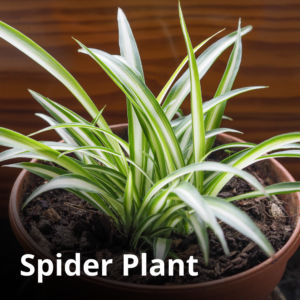
Spider Plant
Cats: Non toxic. Despite not being toxic, spider plants are said to have mild hallucinogenic effects on cats. Spider plants are often used by cat owners to dissuade them eating their other plants. Warning that cats may be particularly fond of eating your spider plant.
Dogs: Non toxic. Most dogs take little or no interest in spider plants.
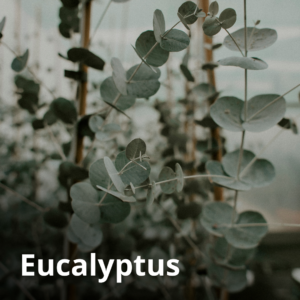
Eucalyptus
Cats: Highly toxic, even in small quantities. Keep away from cats.
Dogs: Highly toxic, even in small quantities. Keep away from dogs.
*Many pet and home owners use eucalyptus oil in lotions or diffusers. These are also incredibly toxic to dogs and cats and should be avoided in the home.
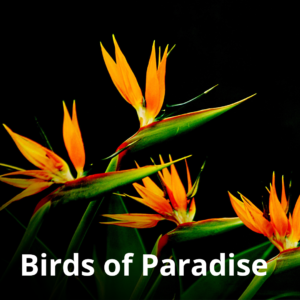
Birds of Paradise
Cats: Highly toxic, even in small quantities.
Dogs: Highly toxic, even in small quantities.
Humans: Highly toxic, do not ingest! This is a warning not only to plant and pet parents, but also the parents of actual human children. Birds of paradise are beautiful, but can cause serious symptoms if ingested by humans.
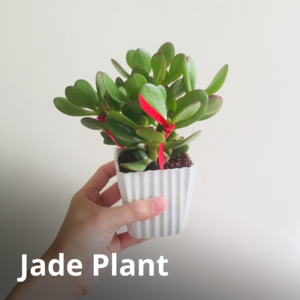
Jade Plant
Cats: Highly toxic, even in small quantities.
Dogs: Highly toxic, even in small quantities.
*Being a succulent, jade plant leaves hold their moisture quite well. This means that even if a leaf appears to be dead and fallen, it can still hold its toxic properties.
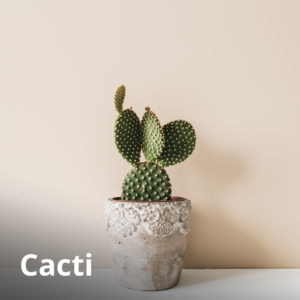
Cacti
Cats: While they are not toxic to cats, the obvious hazard of the sharp spines, thorns, or prickles can make them unsafe for your cat to be around.
Dogs: While they are not toxic to dogs, the obvious hazard of the sharp spines, thorns, or prickles can make them unsafe for your dog. Keep them out of reach of curious pups and wagging tales.
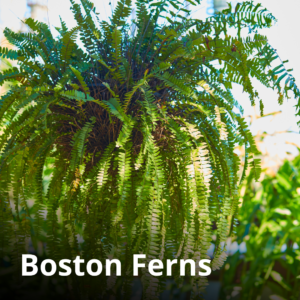
Boston Ferns
Cats: Perfectly safe for cats. Boston ferns make excellent hanging baskets and are easy to keep out of the reach of cats.
Dogs: Perfectly safe for dogs.
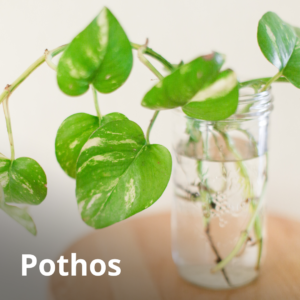
Pothos
Cats: Toxic. Pothos plants are a very common houseplant that is often a beloved snack by cats. Keep your cats clear of pothos!
Dogs: Toxic. Pothos plants can have side effects as severe as liver failure.
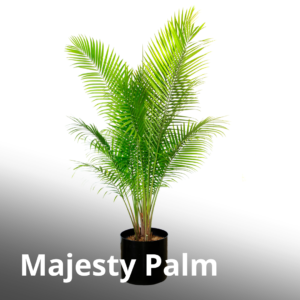
Majesty Palm
Cats: Perfectly safe for cats. The majesty palm is widely considered one of the safest large plants to keep in the home when you have pets.
Dogs: Perfectly safe for dogs. The risk of an overenthusiastic tail knocking over the pot is your biggest concern here.
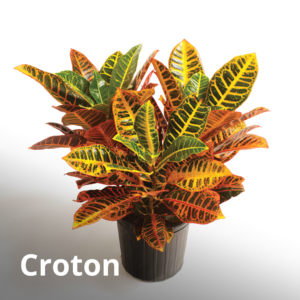
Croton
Cats: Toxic. This plant is commonly know for being quite terrible tasting to cats, the concern of ingestion is still there, but is lower than other toxic plants.
Dogs: Toxic. This plant is toxic and may cause skin irritation to your dog if there is skin contact made.
Conclusion
Many houseplants can be toxic or varying degree’s of poisonous. It is paramount that as a plant and pet parent that you make sure your plant babies and fur babies are safe to have in close proximity. The last thing you want is to have to take your pet to the emergency vet clinic and shill out hundreds, or even thousands of dollars.
Some food for thought, Pet Shield pet insurance can save you big in the event you need to go to the emergency vet. With plans as low $40/month for dogs and $30/month for cats, there is usually a plan that can work for you. Save yourself the heartache and headache of an uninsured emergency pet visit and get yourself a quote today.